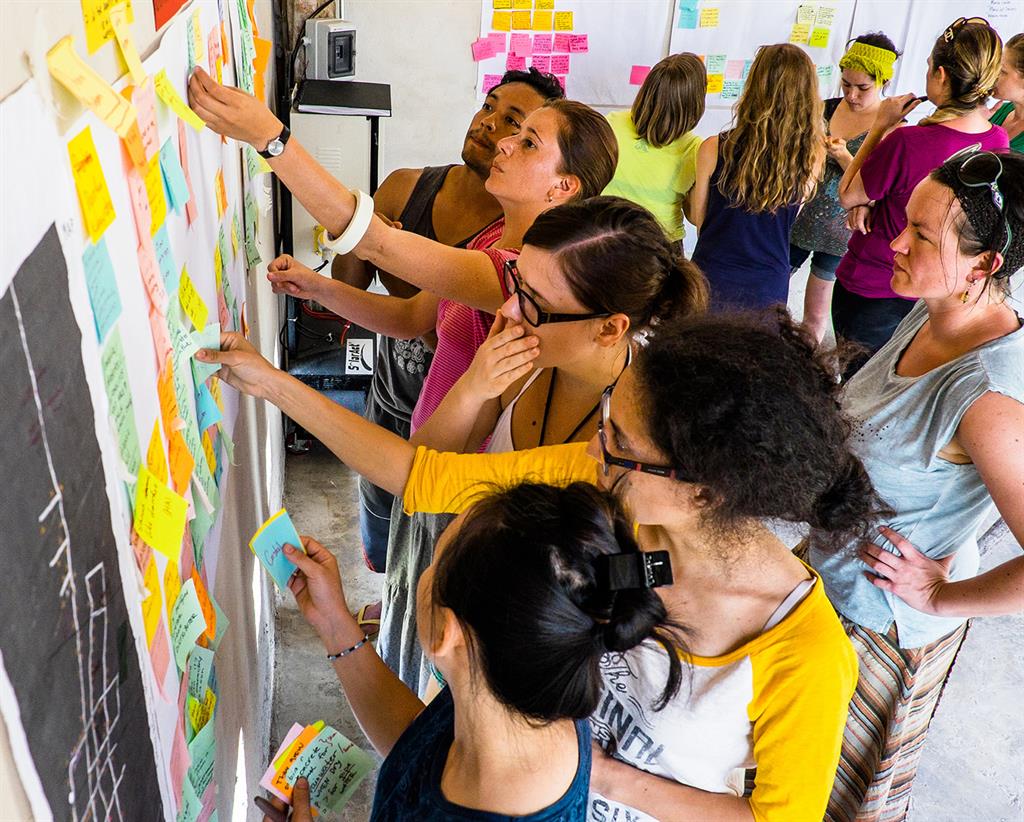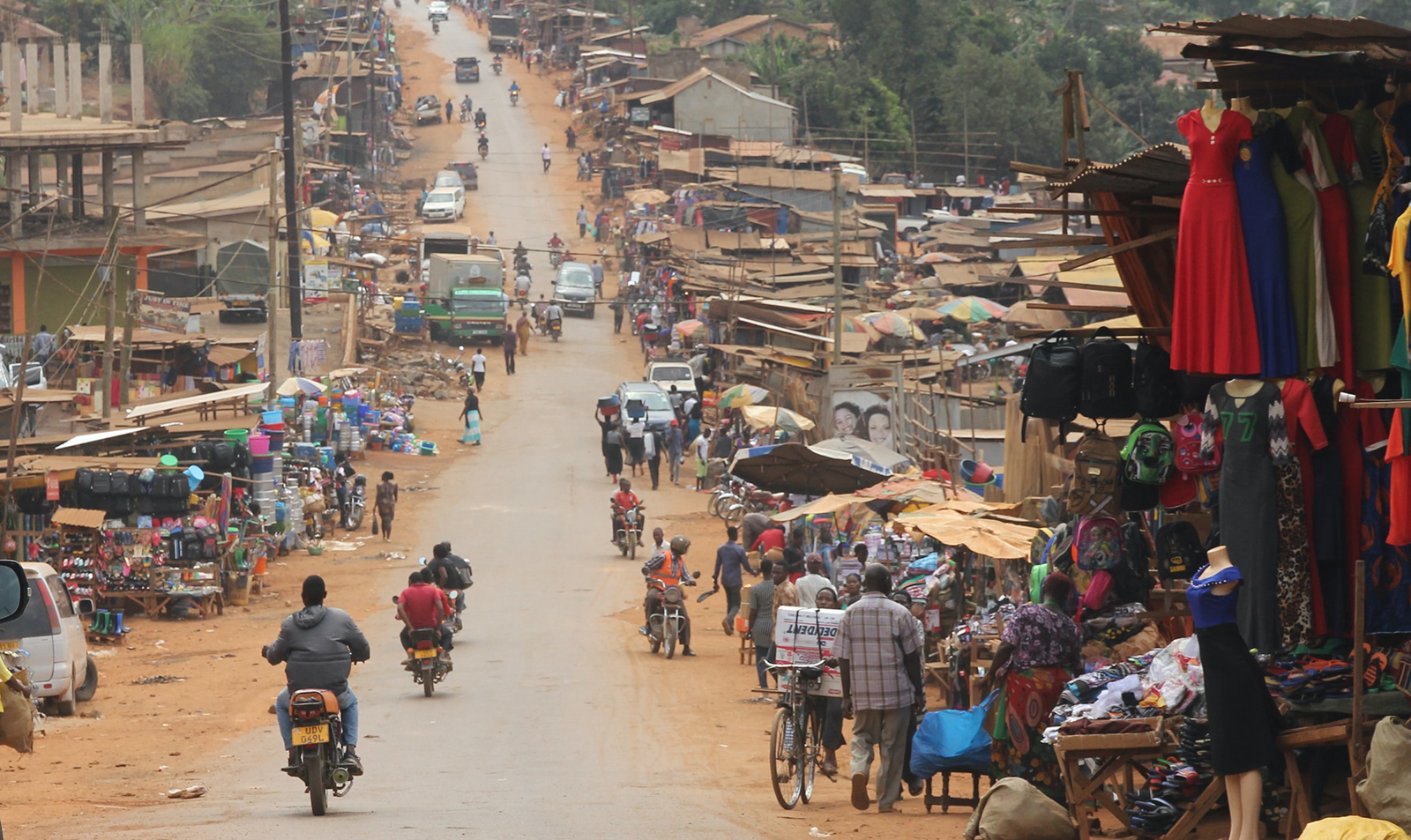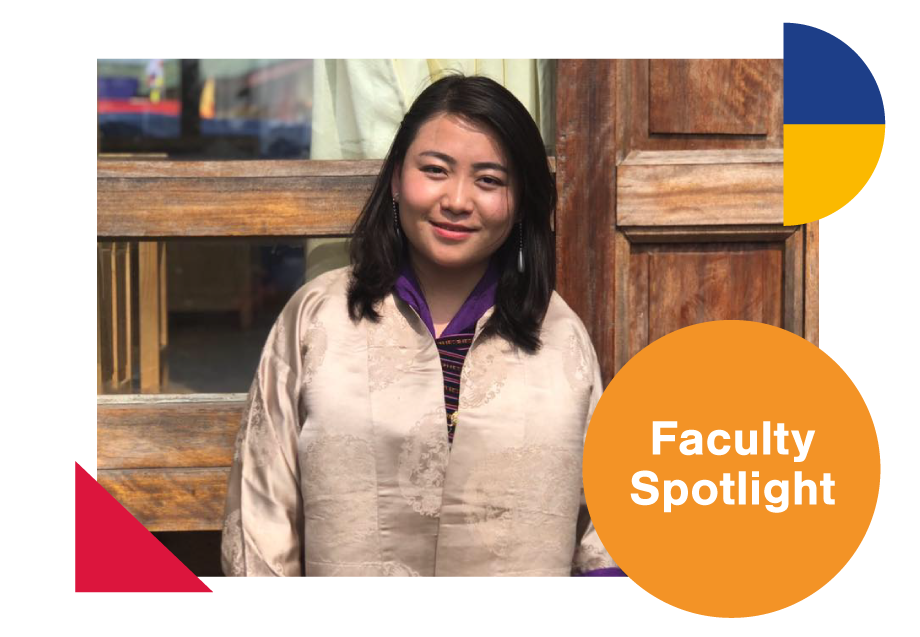Aalto LAB Mexico (ALM), which started in 2012, is an ongoing collaborative design project between Aalto University and two Mexican universities: Technological Institute of Monterrey, Mexico City Campus and National Autonomous University of Mexico. ALM is a long-term project that aims at creating a positive impact with small-scale actions inviting learners from multicultural and cross-disciplinary fields to make the world a better place. The context of ALM is a Mayan community called 20 de Noviembre (El 20) located in the Mexican state of Campeche, on the Yucatan peninsula.
In 2015, Aalto University students have joined ALM as part of a studio course in Sustainable Global Technologies program (SGT) in Aalto University School of Engineering. The multicultural team had seven students with different disciplinary backgrounds. This year, the focus of the project has been on finding solutions for water and sanitation challenges in El 20. It was important to understand the context by exploring it together with the villagers, to rethink and redefine concepts of sustainability and development and to find solutions for water and sanitation challenges through co-design.
We started as two teams in Finland and Mexico. First we did background research and met experts of project related fields. After that, the Finnish team together with project coordinator and two mentors traveled to Mexico for the field trip. The project was a mutual learning process. It was important to have a full immersion into the context, to live with the people we were designing for. During the field trip Finnish and Mexican teams were merged and we spent one week together in the village of El 20.
Aalto Lab Mexico 2015 from Antti T Seppänen on Vimeo.
At the site, we were working in two sub-groups dealing with water and sanitation topics. We researched existing water and sanitation challenges and villagers’ opinions on dry sanitation through interviews. We also did water quality tests (calcium, turbidity, Ph) in our field laboratory and for the bacteria tests samples were sent to Finland. After we analyzed findings of the interviews and water tests we organized a participatory co-design workshop together with the villagers. During the process, we used Human Centered Design (HCD) methods from IDEO’s guide book. It was important to involve villagers in the creative design process. We tried to identify challenges and find possible suggestion for improvements together. Designing with the villagers was also important in order to strengthen the feeling of belonging and ownership among villagers by involving them into activities that aim at improving their own living environment.
The results of ALM 2015 were presented in México City at the Cuxta-Há event with a panel discussion on water management systems and the international cooperation related to sustainable projects in México and Latin America.
ALM 2015 team hopes that through the implementation of dry sanitation system in the village, water management improvement and the whole learning process, the people of El 20 would be more empowered and the whole village could hopefully become a positive and encouraging example in the region.
Read more about ALM 2015 project in the report “Cuxta-Há” at the SGT website
ALM in FB: https://www.facebook.com/aaltolabmexico
ALM in WordPress: https://aaltolabmexico.wordpress.com/
ALM at Aalto News: http://eng.aalto.fi/fi/current/news/2015-06-24-003/
Picture © Jan Ahlstedt/ALM 2015
This post was written by AGI



